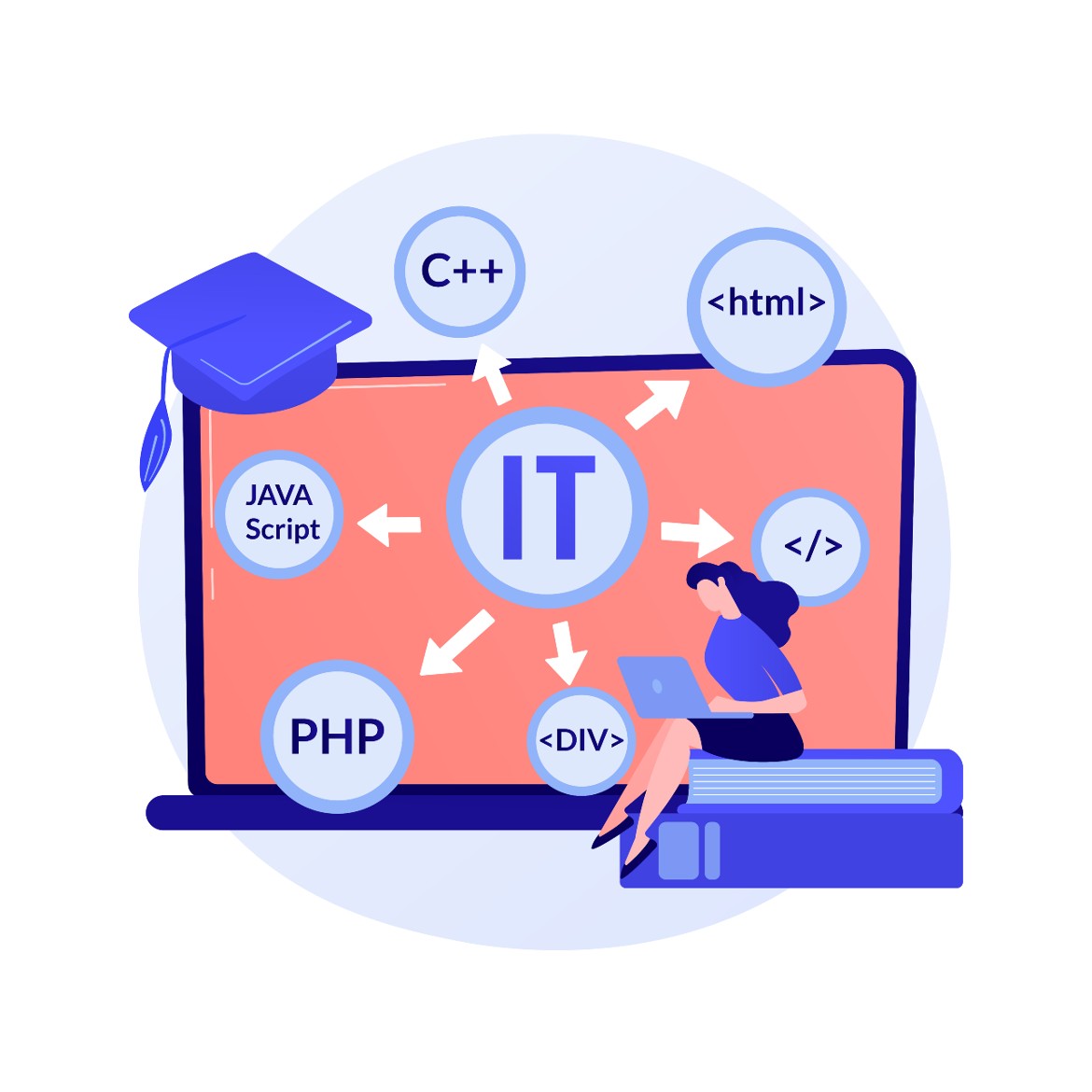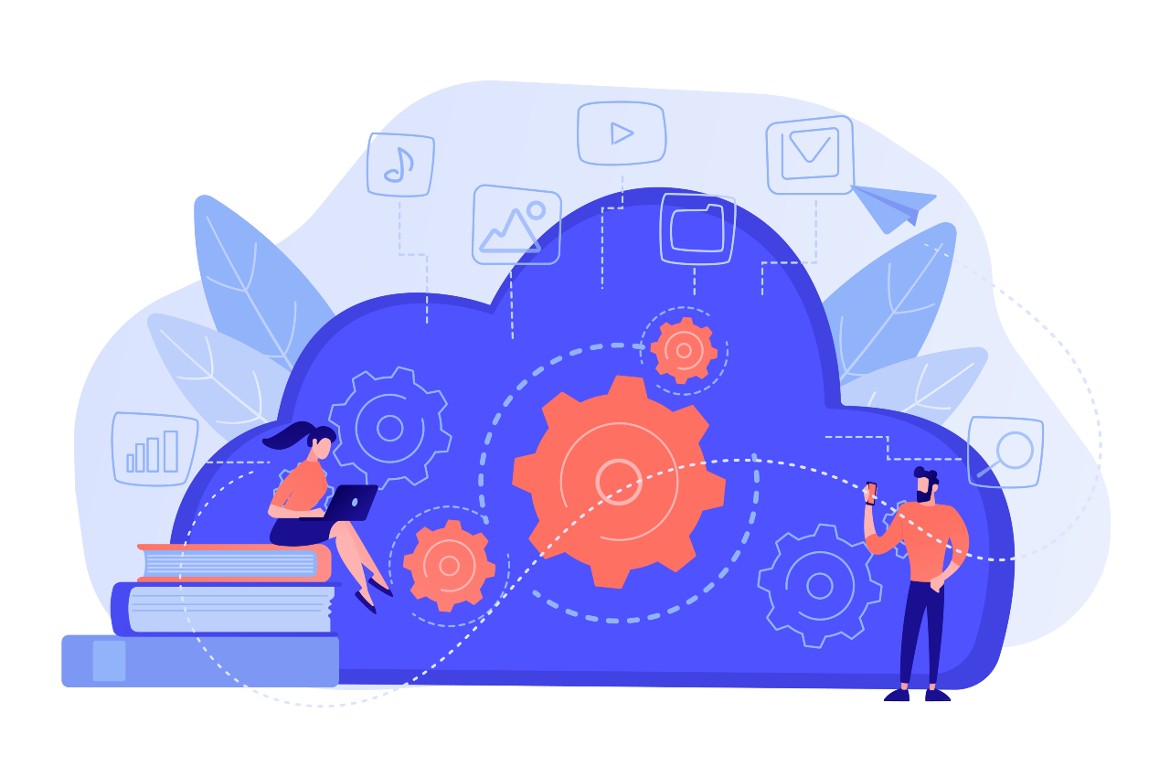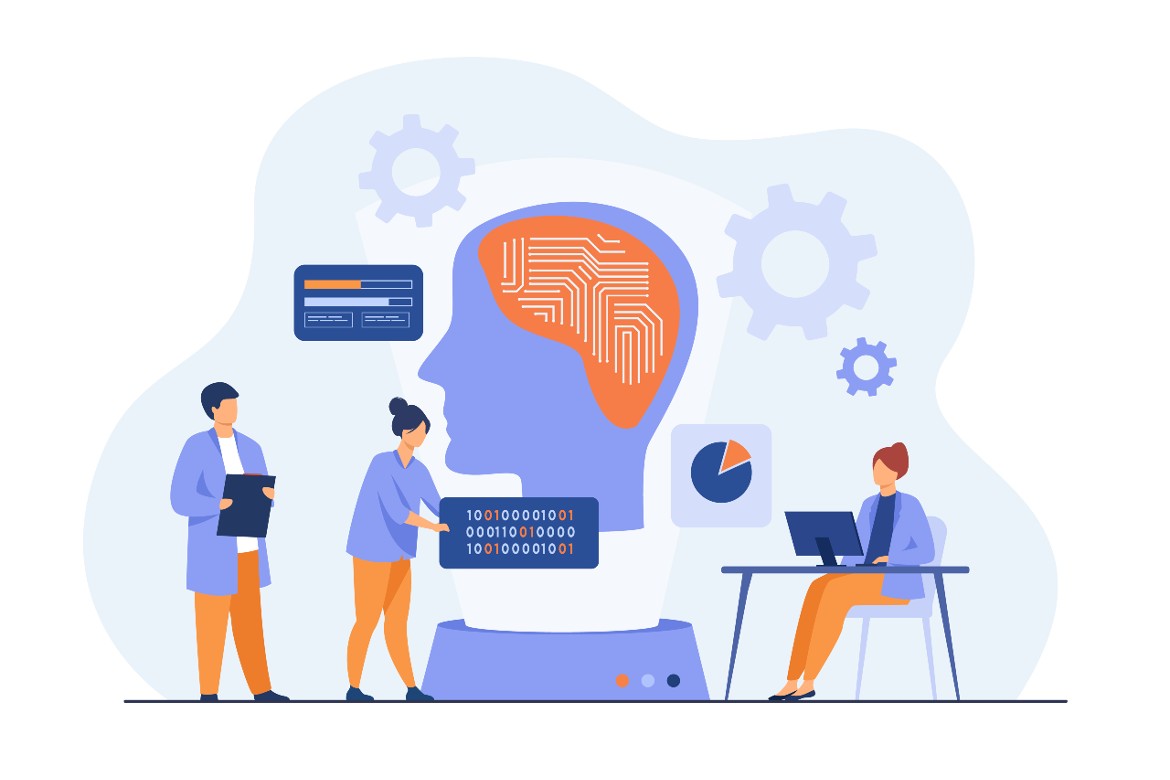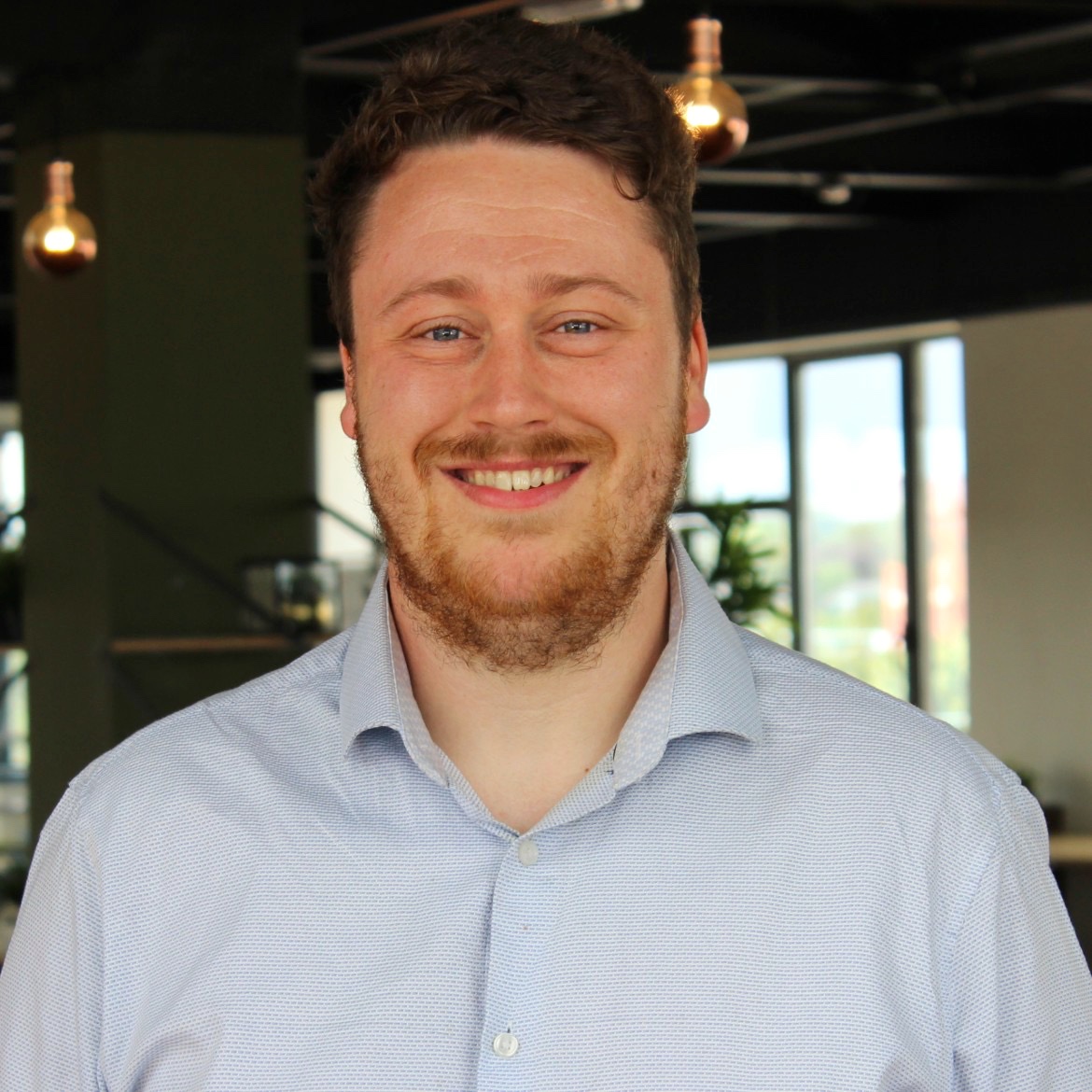
Navigating the Evolving Landscape of Software Engineering in Ireland
Posted on:
by Cathal McAliskey
IT Jobs and Recruitment Insights
In today's fast-paced digital world, software engineering stands at the forefront of innovation, driving progress across industries and transforming the way we live, work, and communicate. As technology continues to advance at a crazy pace, the demand for skilled software engineers has reached new heights. However, the skillset required to thrive in this dynamic field are constantly evolving, shaped by emerging technologies, changing market demands, and evolving best practices.
In this blog, we'll delve into the essential skills that are becoming increasingly important in the Irish software engineering job market and explore effective recruitment strategies for identifying and assessing these skills in candidates. We will also look at the standout skills for tech companies in 2024.
-
Modern Programming Languages and Frameworks

Software engineers serve as the innovators of digital solutions, leveraging programming languages and frameworks to bring innovative ideas to life. In today's Irish market, proficiency in modern programming languages is more critical than ever. Languages like Python, Java, TypeScript, and JavaScript continue to dominate the software development scene, powering everything from web applications to machine learning algorithms and embedded systems. Additionally, familiarity with modern frameworks and libraries such as React, Vue, Django, or Spring Boot is in high demand, enabling engineers to streamline development processes and deliver scalable, maintainable codebases.
I assess candidates' proficiency in programming languages and frameworks through a variety of methods, including coding assessments e.g. HackerRank, technical screenings, and reviewing projects on GitHub/Stack Overflow. I’d recommend reviewing candidates' code samples, GitHub repositories, or personal projects as they can provide valuable insights into their coding style, problem-solving approach, and overall technical proficiency.
-
Version Control Systems
In collaborative software development environments, version control systems play a crucial role in enabling teams to collaborate effectively, track changes, and manage project history. Git, one of the most widely used version control systems, provides engineers with the tools they need to collaborate seamlessly, share code, and coordinate development efforts across distributed teams. As recruiters we can assess candidates' proficiency in Git by assessing their contributions to open-source projects, or by asking Git-related technical questions.
Reviewing candidates' GitHub profiles provides us with valuable insights into a candidate’s level of involvement in the developer community. In my opinion, engineers who actively contribute to open-source projects demonstrate a commitment to learning, collaboration, and community engagement, making them highly desirable candidates for software engineering roles.
-
Software Design Patterns
Software design patterns provide engineers with proven solutions to common design problems, enabling them to design scalable, maintainable, and reusable code. A strong understanding of software design patterns is essential for building robust, extensible software architectures that can continue to evolve over time.
We assess candidates' understanding of design patterns through discussions during a technical screening. I’d advise asking candidates to explain common patterns and discuss scenarios where these patterns could be applied effectively. I like to keep a cheat sheet so I’m clear on what are good answers to these technical questions.
-
Cloud
Image by vectorjuice on Freepik

With the widespread adoption of cloud computing in Ireland, experience with cloud technologies has become increasingly important for software engineers. Cloud platforms like AWS, Azure, and Google Cloud provide engineers with the tools and infrastructure they need to build, deploy, and scale applications with ease.
As recruiters we dive into a candidates' cloud skills by asking about their experience with cloud services, accessing certifications, or reviewing cloud-based projects. In my view, candidates who possess certifications in cloud technologies demonstrate a commitment to learning and professional development, making them stand out in the Irish market.
-
DevOps
DevOps practices emphasise collaboration, automation, and continuous integration/continuous deployment (CI/CD), enabling teams to deliver software faster, more reliably, and with greater efficiency. As recruiters we look for candidates with experience in tools like Docker, Kubernetes, Jenkins, or Terraform (IaC), and assess their understanding of DevOps principles through technical screenings or scenario-based questions.
During technical screenings, I’d recommend presenting candidates with real-world scenarios and asking them how they would apply DevOps principles to address specific challenges. Again a cheat sheet can be helpful to access the quality of answers.
-
Testing and Debugging
Thorough testing and effective debugging are critical for ensuring the reliability and quality of software applications. Evaluating a candidates' testing and debugging skills by discussing their approach to testing, reviewing their experience with testing frameworks like JUnit or pytest, and asking about their strategies for identifying and resolving bugs is important.
For some of my clients, I get candidates to complete a test coverage assessment, where they test, identify and resolve errors. This is a useful way to review candidates' approaches to writing unit tests, integration tests, or end-to-end tests.
In 2024, tech companies in Ireland have increased their focus on skills that reflect the evolving landscape of technology. One significant pivot observed is the increased emphasis on emerging technologies such as artificial intelligence (AI), machine learning (ML), and Data Engineering. Additionally, soft skills like adaptability, collaboration, and emotional intelligence are increasingly valued as companies recognise the importance of fostering inclusive and dynamic work environments.
-
AI

So far in 2024, there has been a huge pivot to upskilling and hiring in the Artificial Intelligence (AI) space. AI is revolutionising the way software is developed, deployed, and maintained. AI technologies such as machine learning, natural language processing, and computer vision are being integrated into various parts of software engineering, from automating repetitive tasks to optimising performance and enhancing user experiences. As recruiters we’re seeking candidates with AI skills we look for proficiency in AI frameworks and libraries such as TensorFlow, PyTorch, or Scikit-learn, as well as experience in developing AI-powered applications or implementing AI algorithms.
Additionally, candidates with a strong understanding of data science concepts, such as statistical analysis, data preprocessing, and feature engineering, are highly desirable. We can assess candidates' AI skills through coding assessments, and technical screenings focused on AI algorithms and methodologies.
Companies in the Irish market are using practical exercises tasking candidates with developing AI models or solving real-world problems using AI techniques. I like to evaluate candidates' projects, and contributions to AI-related open-source communities, as this can provide valuable insights into their AI proficiency and passion for innovation in software engineering.
-
Data Structures and Algorithms
At the heart of every software application lies a foundation of data structures and algorithms, enabling engineers to organise, manipulate, and process data efficiently. A strong understanding of data structures and algorithms is essential for solving complex problems, optimising performance, and designing scalable software solutions.
We focus on a candidates' proficiency in this area through coding assessments, algorithmic problem-solving exercises, and technical screenings. I prefer technical screenings as they focus on evaluating candidates' understanding of fundamental data structures and algorithms, this helps me to gauge their ability to apply theoretical knowledge to practical problem-solving scenarios. I will always take guidance from the hiring team on the level of answers they expect.
-
Soft Skills

In addition to technical skills, soft skills such as communication, collaboration, problem-solving, and adaptability are more important than ever in the Irish market. Recruiters can draw conclusions on a candidates' soft skills through behavioural interviews, psychometric/personality tests, or by asking situational questions that measure their ability to work effectively in a team environment.
I often use behavioural questions to evaluate candidates' interpersonal skills, communication style, and ability to collaborate effectively with colleagues. Situational questions with hypothetical scenarios are great for accessing problem-solving abilities, decision-making skills, and adaptability to challenging situations.
As the software engineering space continues to evolve, especially with the emergence of AI and automation, recruiters must play a big role. By leveraging a multifaceted approach including technical assessments, practical evaluations, and behavioural questioning, recruiters can effectively gauge candidates' suitability for software engineering roles. I think this thorough approach enables us to make informed hiring decisions, assemble high-performing engineering teams, and help companies scale in today's dynamic and competitive Irish job market.
To find a new role using one of these emerging technologies, visit our careers page or if you’re looking to hire stand-out software engineering professionals, check out our services page.






